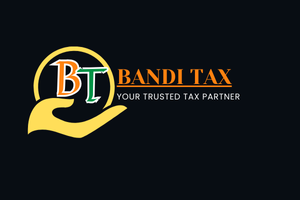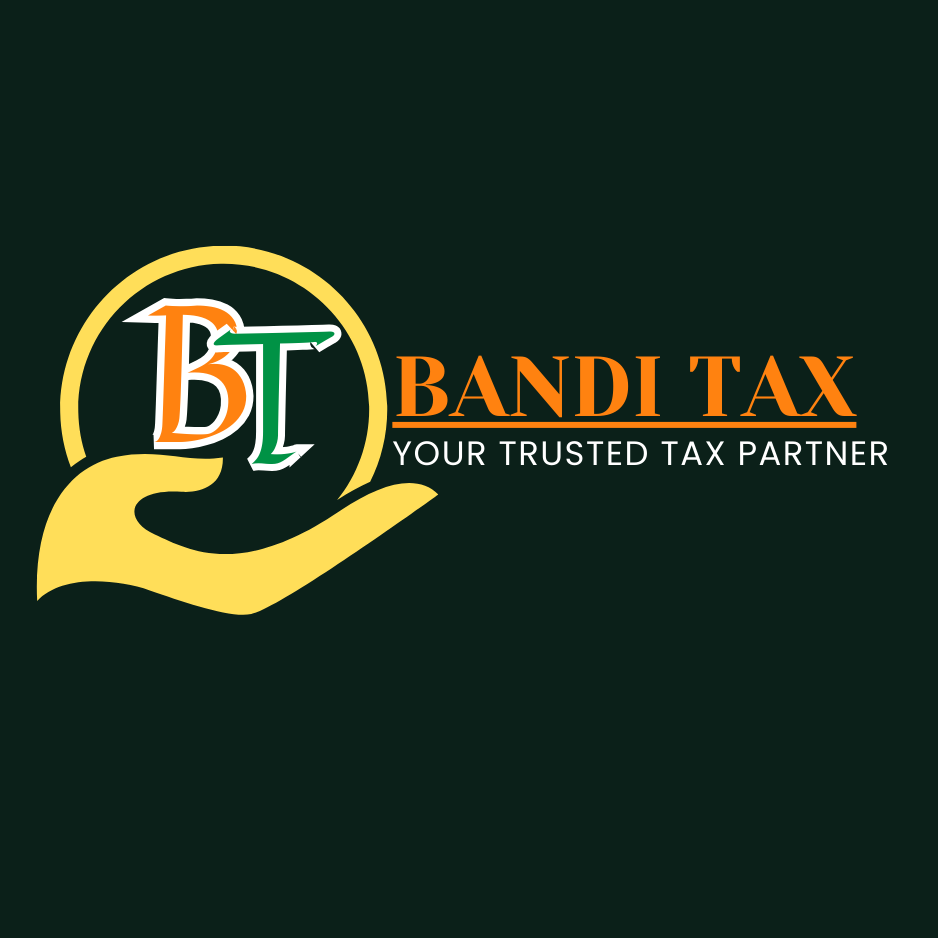
Dedicated to making tax simple and reliable. Your trusted partner in compliance.
Useful Links
WORKING HOURS
Weekdays: 10 AM – 8 PM
Weekends: by appoinment
CONTACT
8125035352
banditax57@gmail.com
Follow Us
Follow us on social media for the latest updates and insights!
©BandiTax all rights reserved. Designed by Bandi Mamatha
